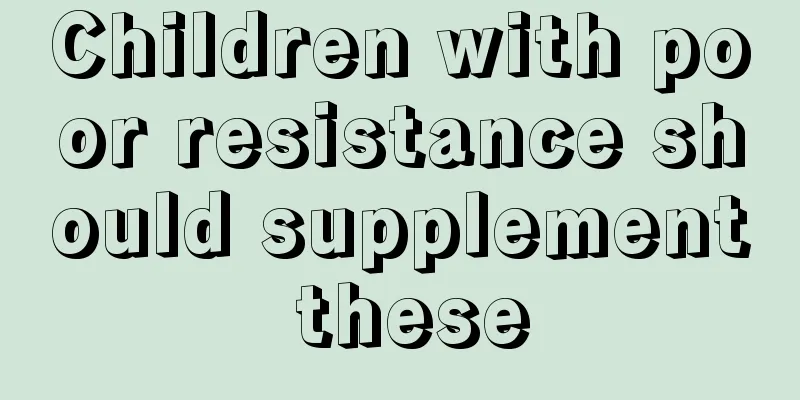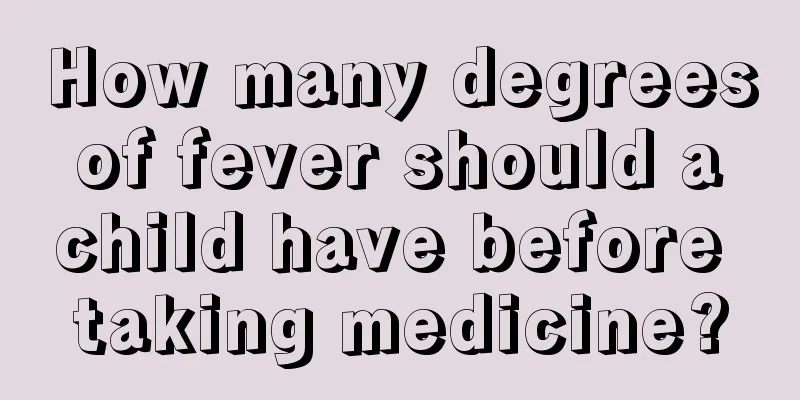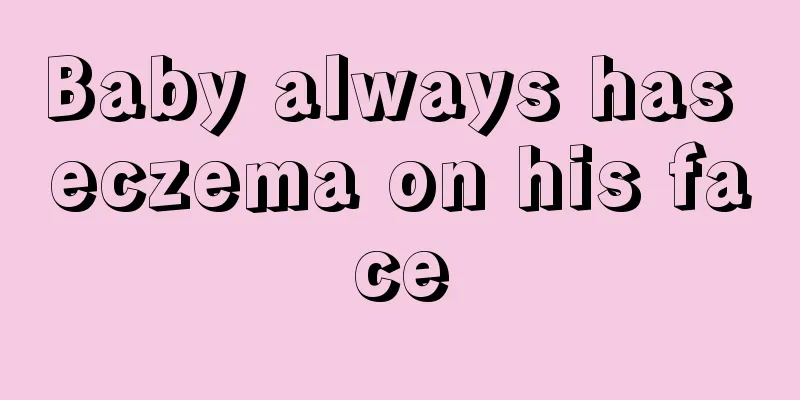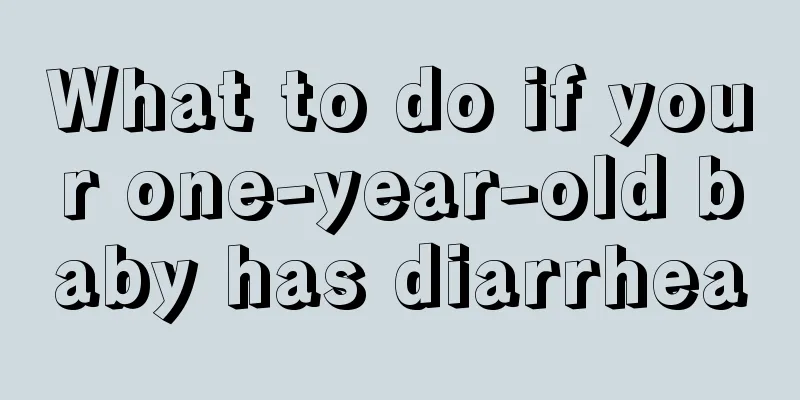At what age do children lose their baby teeth?
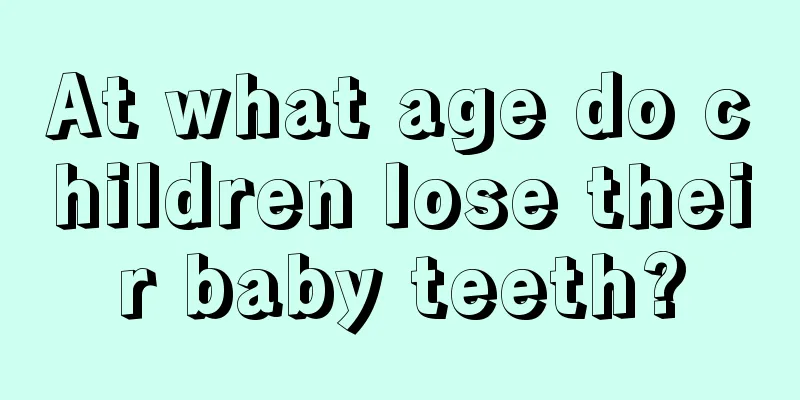
|
It is a great blessing to have a child in the family. So at what age does a child change his/her baby teeth? This question has puzzled some parents. After all, everyone still doesn’t understand these professional medical issues. So today I will solve this mystery for everyone. Let’s see at what age children start to lose their baby teeth? A person grows teeth twice in his life, once is the deciduous teeth, and once is the permanent teeth, which are adult teeth. The permanent tooth germs begin to develop and calcify after birth and start to erupt at the age of 6-7. There are 32 permanent teeth in total, and they are usually fully erupted by the age of 20. When the permanent teeth erupt, the deciduous teeth fall out one after another, and the time sequence is as follows: At the age of 6, the two lower incisors come out, and at the same time, the first large molar, commonly known as molar, comes out behind the second deciduous molar, one on the upper and lower left and right; the two lower deciduous incisors fall off. At the age of 7, the two upper front teeth came out and the two deciduous front teeth fell out. At the age of 8, the upper and lower incisors come out, and the upper and lower deciduous incisors fall out. At the age of 9-10 years, the lower canines and the first bicuspids (one on each side, upper and lower) break out, and the lower deciduous canines and the first deciduous molars (one on each side, upper and lower) fall off. At the age of 10 to 11, the upper canines emerge and the upper deciduous canines fall out (one on each side). At the age of 11 to 12, the upper and lower second canines come out (one on each side), and the upper and lower third deciduous molars fall off (one on each side). Generally, all the deciduous teeth fall out at the age of 12 to 13, and then only permanent teeth, namely molars, come out. The second molars come out at the age of 12, and the third molars come out at the age of 18, every 6 years, hence the name 6-year-old teeth. However, some people do not get these teeth until around 30 years old, and some individuals do not get them at all. When children are changing their teeth, if the deciduous teeth do not fall out and the permanent teeth erupt on the side of the deciduous gums, which is the so-called double teeth, they should go to the hospital as soon as possible to extract the deciduous teeth, and the permanent teeth can quickly return to their original positions. In addition, if the deciduous teeth fall out early and the permanent teeth do not erupt for a long time, children will be accustomed to chewing food with their gums, and the gums will become keratinized and thickened, making it difficult for the permanent teeth to erupt. If the permanent teeth are close to the gums and the gums become dark and white, and the hard cutting edge of the teeth is touched under the gums during palpation, the gums at the cutting edge can be cut off to expose the cutting edge of the teeth, which will accelerate the eruption of the teeth. In addition, children should eat more hard and crisp foods during the period of tooth replacement, such as steamed bread, dry bread, dry corn bread, vegetables, beans, etc., to stimulate the development of upper and lower jaws and promote the early eruption of permanent teeth. When deciduous teeth are lost, the roots are absorbed first. After the rootless deciduous tooth crown falls off, the permanent tooth crown will erupt from under the gums in the original tooth socket. For newly erupted teeth, the dentin has not yet fully formed and the root continues to develop. It takes about 11/2 to 3 years for the root apex to be fully formed. During the period of teething or tooth replacement, children must be well protected, avoid all trauma, and pay attention to nutrition, especially mineral salts, calcium, phosphorus, or vitamins D, A1, C, etc., to promote the formation and calcification of tooth hard tissue. The above shares the question of at what age children will change their baby teeth. I hope these questions will help mothers. Parents do not need to worry too much or be anxious, because children's development is normal and requires a certain period of time, and physical development is different in each period. Finally, I wish every child can grow up healthily. |
<<: What to do if your baby always has nosebleeds
>>: What are the dietary treatments for constipation in children?
Recommend
What causes cerebral palsy in children?
In fact, in many cases, cerebral palsy in childre...
How long is a good nap for children?
Many parents do not pay attention to their childr...
What causes geographic tongue in babies?
Genetic factors, physiological factors, and envir...
How to calculate the height of a child?
The height of children is a matter of great conce...
Treatment for 8-month-old baby crying at night
An 8-month-old baby cries before going to bed at ...
What is the cause of low white blood cell count in newborns?
Newborns refer to babies who have just been born....
What to do if your child's vision is declining rapidly
The eyes are the windows to the soul. You can oft...
What to do if your child has allergic rhinitis?
Children are not yet fully developed and have rel...
How to prevent and treat itchy athlete’s foot in children?
Since athlete's foot is easily contagious and...
Pay attention to preventing mycoplasma infection in children in winter
Many parents will find that their children have s...
The child's knees make a sound when he squats
Accidents often happen when children are exercisi...
What are the massage techniques for children with colds?
As babies grow up, it is inevitable that they wil...
Can children eat black beans soaked in vinegar?
I believe everyone is familiar with black beans, ...
Factors that cause sleepiness in three-month-old babies
Newly born babies need careful care and attentive...
Why is the child's flesh not firm?
During the growth stage, babies need to go throug...

